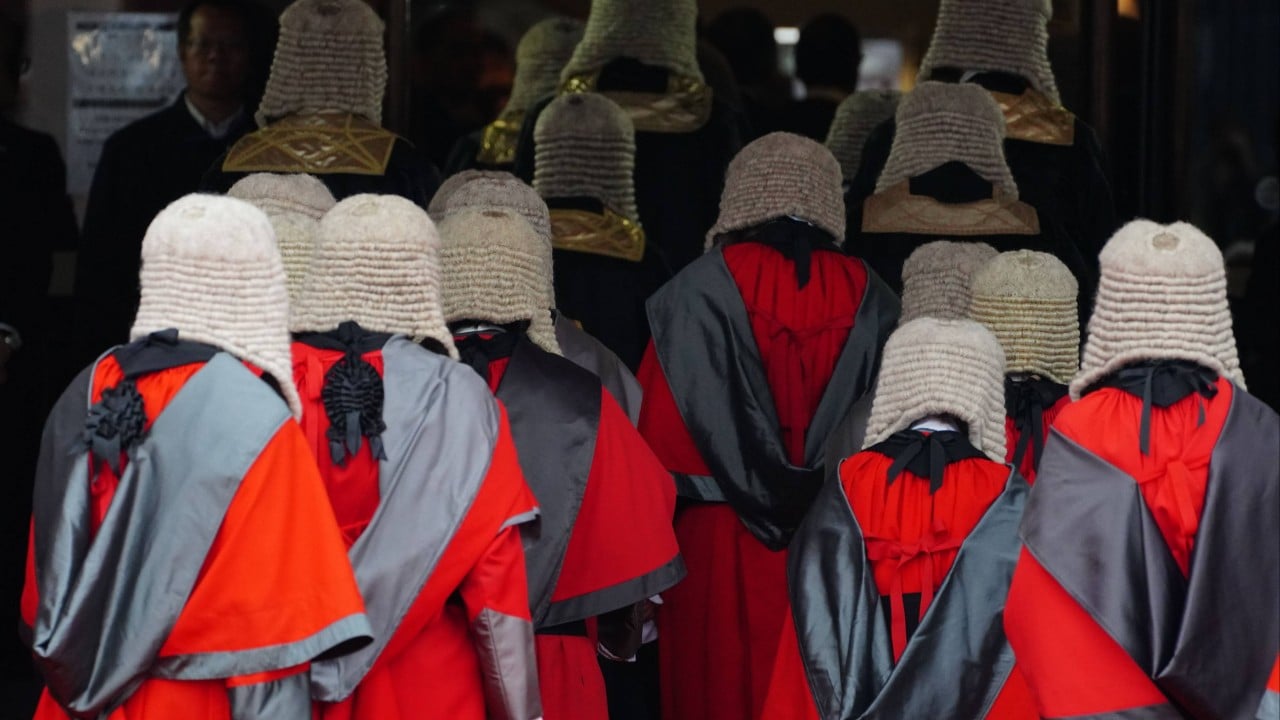One of the vivid memories of my days as an undergraduate law student in London was to watch a live debate between Lord Woolf and Professor Michael Zander on what was known as the Woolf reforms.
Advertisement
Lord Woolf was then the Master of the Rolls in the English Court of Appeal and was undertaking the task of modernising their Civil Procedure Rules. The debate was intense but entertaining and it was an eye-opener for a law student to watch great legal minds arguing over a topical issue.
Some 10 years later, I was instructed to argue a short point in our Court of Final Appeal. My role was relatively minor and I was on my feet for less than 10 minutes but I can still recall the excitement of meeting Lord Woolf again – on this occasion appearing in front of him when he was sitting as an overseas non-permanent judge in our top court.
My experience is not unique. The opportunity of arguing difficult points of law before the most eminent jurists in our appellate court is, for many barristers, one of the attractions for choosing a career as an advocate.
I am often asked by friends outside the profession whether we still need overseas judges in the top court. This is understandable, especially given the resignations of a number of them in the past few years.
Advertisement
Over the past 28 years, 30 overseas judges from the United Kingdom, Australia, New Zealand and Canada have sat in the top court as overseas non-permanent judges. Their significant contributions in the administration of justice and in enriching our jurisprudence have been widely acknowledged.
As our chief justice explained in his speech at our Opening of the Legal Year ceremony in January 2025, Hong Kong has by now developed and nurtured sufficient legal and judicial talent to fill the highest judicial offices in their entirety.

